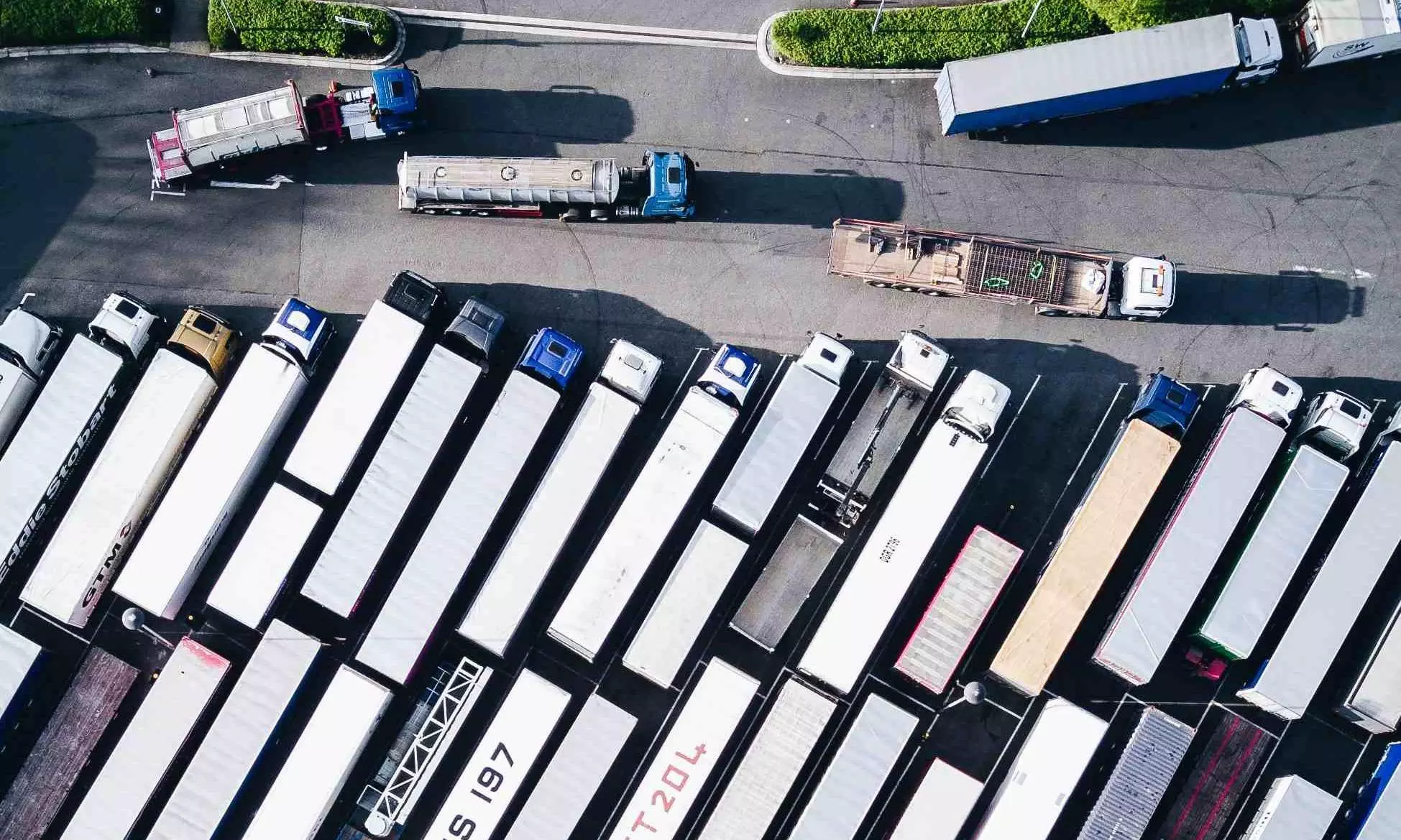Revolutionizing the road: Future of fuel for Indian heavy-duty trucks
India, a rapidly growing nation with a burgeoning economy, relies heavily on its transportation sector to keep goods flowing across the vast expanse of the country. Among the various modes of transportation, heavy-duty trucks play a pivotal role in ensuring the smooth movement of goods.
However, the conventional fuels that power these trucks, such as diesel, pose a threat to the environment and public health. As India grapples with its environmental concerns and reduce its carbon footprint, the future of fuel for heavy-duty trucks has become a pressing matter of discussion and innovation.
In this article, we will explore the transformative potential of alternative fuels and the efforts being made to revolutionize the road in India. We will explore viable options and examine future challenges and opportunities, including electric vehicles (EVs), hydrogen fuel cell, LNG and biofuels.
1. The environmental imperative
The impact of heavy-duty trucks on the environment cannot be ignored. Conventional fuels like diesel, commonly used by these trucks, emit harmful pollutants such as nitrogen oxides (NOx) and particulate matter (PM), which contribute to air pollution and have adverse health effects. In addition, the carbon dioxide (CO2) emissions from diesel-powered trucks also contribute to climate change. Given India's commitment to sustainable development and reducing carbon emissions, there is a pressing need to find alternative fuels that are cleaner, greener, and more sustainable.
2. Embracing electric
The most promising future of of heavy-duty trucking in India is Electric Vehicles (EV). Electric trucks provide zero exhaust emissions, reducing local pollution and carbon footprint. As battery technology improves, electric vehicles are increasingly used for long-distance transportation. The central government's push towards electric mobility, exemplified by initiatives such as the Faster Adoption and Manufacturing of Electric Vehicles (FAME) scheme, has created a conducive environment for the adoption of electric trucks. However, challenges such as limited charging infrastructure and range anxiety need to be addressed.
A robust and comprehensive electrical system is essential for the acceptance of all electric vehicles. The government and private sector must collaborate to invest in the development of charging infrastructure, both along highways and in urban areas. Incentives should be given to drivers to support electric trucks. In addition, R&D efforts should focus on improving battery technology to increase range and reduce charging time. By addressing these issues, India can accelerate the adoption of electric vehicles and pave the way for a cleaner and more sustainable transport industry.
3. The potential of hydrogen
Another fuel option that holds immense potential for heavy trucks is hydrogen. Hydrogen fuel cell electric trucks have many advantages, including zero emissions and the ability to recycle quickly similar to conventional diesel vehicles. Additionally, hydrogen can be produced from renewable sources, making it a clean and sustainable fuel option.
While hydrogen fuel cell technology is still in its early stages of development in India, the government should encourage the creation of a solid hydrogen infrastructure. This includes investments in hydrogen production facilities, storage facilities and refueling stations. Public and private partnerships are essential to accelerating research and development, reducing costs, and driving the growth of hydrogen fuel cell technology. By using hydrogen as fuel for heavy trucks, India can reduce emissions and pave the way for a greener future.
4. Harnessing biofuels
Biofuels, derived from renewable sources such as agricultural waste and algae have an immense potential to transform the heavy-duty trucking sector. Biodiesel, for instance, can be blended with conventional diesel or used as a standalone fuel. It can reduce greenhouse gas emissions and can be easily integrated into existing systems. In addition, India has abundant biomass resources that can be used to produce biofuels, create economic opportunities and reduce dependence on fossil fuels.
5. LNG -- The future for long-haul trucking
The global outlook for LNG heavy vehicles, particularly trucks, is incredibly promising for the future.
While there are several viable alternatives available for short-distance urban mobility, the options become limited when it comes to long-haul transportation of heavy-duty vehicles. Electric vehicles (EVs) currently face challenges in terms of both range and cost, not to mention the insufficient infrastructure, especially for heavy-duty trucking. Hydrogen could potentially serve as an alternative, but it is expected to take at least 5-7 more years to become commercially viable. In this context, LNG emerges as the only mature and immediate alternative for long-distance transportation, offering a pathway to greener trucking.
Global examples have demonstrated that the creation of LNG corridors can accelerate the adoption of LNG as a fuel by dispelling misconceptions and highlighting its numerous benefits. By establishing dedicated LNG routes, logistics service providers (LSPs) with assured loads at both ends of the transit leg along the corridor can become the initial adopters of LNG. This approach ensures that trucks are not left idle for extended periods, thereby increasing vehicle utilization and shortening the payback period.
6. The role of policy and collaboration
The transition to cleaner and more sustainable fuels for heavy-duty trucks requires a supportive policy framework and collaboration between government, business and other stakeholders. The government should formulate comprehensive policies that encourage the adoption of alternative fuels and support the development of infrastructure.
Moreover, partnerships between public and private entities can facilitate research and development, knowledge sharing, and technology transfer, ultimately accelerating the deployment of alternative fuel solutions. Financial incentives, such as tax breaks and subsidies can encourage fleet operators to invest in clean technologies. The government should also support research and development to increase the efficiency of the biofuel production process. Collaboration between research organisations, industry and agriculture stakeholders can increase the capacity and efficiency of biofuels in the heavy-duty trucking industry.y
The future of heavy-duty trucking in India lies in the adoption of cleaner and more sustainable fuels. Electric vehicles, hydrogen fuel cell technology, and biofuels offer effective solutions to reduce emissions, combat air pollution, and address climate change. However, realizing this vision requires a concerted effort from the government, industry, and other stakeholders. By adopting alternative fuels, India can modernize its transport system, reduce its environmental impact and pave the way for a redesigned greener, safer environment in the future. The time for change is now, and the heavy-duty trucks of tomorrow have the potential to be true champions of a cleaner and brighter India.
The views and opinions expressed in this article are those of the author and do not necessarily reflect the views of Indian Transport & Logistics News.

Arham Partap Jain
Arham Partap Jain is the founder of tech-first logistics company Trucknetic which calls itself the Uber of the trucking sector.



